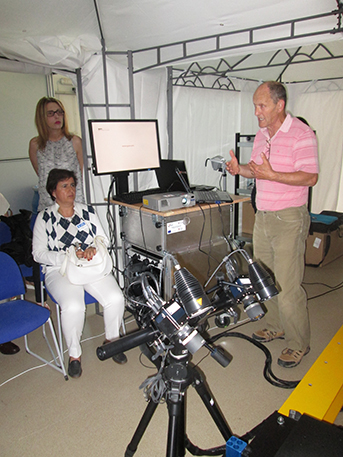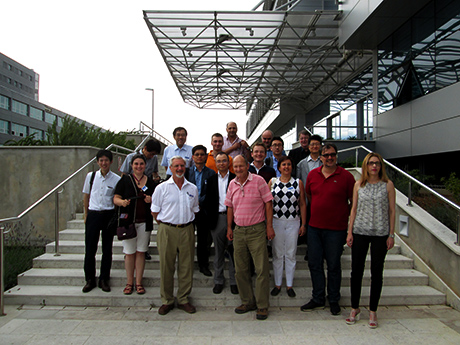It is with regret that we announce the death of our friend and colleague Nenad Bićanić.

Nenad graduated at Zagreb University as a Structural Engineer and worked first in Croatia and then in The Netherlands, where he took an interest in the then novel and fast developing Finite Element Method. This led to him embarking on a PhD at the University of Wales in Swansea which was then a centre of FEM Research. Then followed a Visiting Professorship appointment in the USA at the University of Colorado.
Having returned to Swansea as a lecturer, he was, in a comparatively short time, promoted to Reader (equivalent to Research Professor) and was later offered the Regius Chair of Engineering at the University of Glasgow. This was the prestigious position established in 1840 and which was held by William Rankine and James Thomson (brother of Lord Kelvin) among other well known scientists.
Nenad’s popularity with his students and research colleagues was not only due to their respect for his knowledge and brilliant research career, but also because of his charismatic personality and boundless energy.
Having returned from Glasgow in 2010, he moved with his wife to Oxford, dividing his time with visits to his home on the Croatian island of Losinj.

WIT Conference Group visiting Nenad's Laboratory in 2015
It was there in Croatia where I had the great pleasure of meeting Nenad again for the last time. He was setting up the Seismic Research Laboratory at the Civil Engineering School of the University of Rjeka. There with his usual dynamism, he was building a state of the art new shaking table facility. His pioneering research work was on discontinuous blocky structures. I was accompanying a group of delegates from our Wessex Institute of Technology Conference held in Opatija in June 2015. He received us with a well prepared presentation followed by a series of experimental demonstrations and with typical Croatian hospitality, offering us a sumptuous feast at the end of our visit.
Not only will Nenad be missed by his family, but also by many of his colleagues like us who were privileged to meet him in the course of our scientific endeavours.
Carlos A Brebbia
Wessex Institute

 Wessex Institute
Wessex Institute